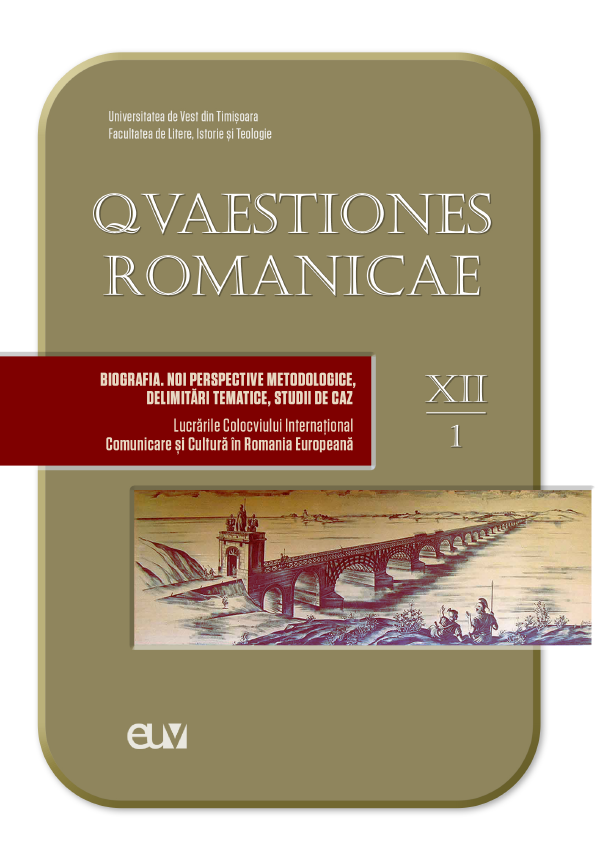La sfida del logos paterno e i congegni narrativi nel romanzo (auto)biografico Via Gemito di Domenico Starnone
Abstract: (The Challenge of the Paternal Logos and the Narrative Devices in the (Auto)biographical Novel Via Gemito di Domenico Starnone) In the context of Starnone’s narrative production, which mainly has an autobiographical or biographical background, the novel Via Gemito (Premio Strega, 2001) is the author’s most dense masterpiece of (auto)biographicalism. Even if it begins with the son's almost inquisitorial intent to draw up a sort of indictment against his father, which highlights his lies perpetrated for decades and the physical and psychological violence that would have contributed to the wear and tear of the author’s mother, to the point of causing her death, it is precisely the father’s voice that takes over, telling the story of his life through his son-writer, who, from an early age, had introjected this paternal voice, allowed himself to be seduced by it, absorbed the paternal stories until to the point that most of the time his mental space became occupied by them. The result is a continuous clash between two authorial instances which paradoxically belong to the same narrative voice. The intricate narrative device, built on analepsis and prolepsis, is marked by contrasting points of view, by ambivalences, as every memory emerges almost always doubled: through the father's self-justifying narrative, vividly evoked by the son, on the one hand, and through the experience lived by the son, which he struggles to draw from a very fleeting background of memory, on the other hand. And it is precisely in this rather negative space, of the lack of traces, of the unsaid, of memories as glimpses of evanescence (Bergson), of the difference (Derrida) that the son must operate to get closer to the truth and reclaim his own identity.
Keywords: paternal logos; (auto)biography; analepsis and prolepsis; authorial instances; identity construction.
Riassunto: Nell’ambito di un’intera produzione narrativa a sfondo autobiografico o biografico, il romanzo Via Gemito (Premio Strega, 2001) risulta il capolavoro più denso di (auto)biografismo di Starnone. Anche se esordisce con l’intento quasi poliziesco del figlio di redigere una specie di requisitoria contro il padre, che rilevi le sue menzogne perpetrate per decenni e le violenze fisiche e psichiche che avrebbero contribuito al logoramento della madre, fino a causarle la morte, è proprio la voce del padre a prendere il sopravvento, a raccontare la storia della propria vita attraverso il figlio-scrittore, il quale, sin da una tenera età, aveva introiettato tale voce paterna, si è lasciato sedurre da essa, ha assorbito le storie paterne fino a riuscirgliene impossibile l’affrancamento, fino a occupargli il più delle volte egemonicamente lo spazio mentale. Ne risulta un continuo scontro fra due istanze autoriali che paradossalmente appartengono alla stessa voce narrante. L’intricato congegno narrativo, costruito su analessi e prolessi, è segnato dai punti di vista contrastanti, dalle ambivalenze, in quanto ogni ricordo affiora quasi sempre raddoppiato: tramite la narrazione autogiustificativa del padre, evocata vividamente dal figlio, da una parte, e tramite l’esperienza vissuta dal figlio, che lui stenta di trarre da un fondo molto labile della memoria, dall’altra parte. Ed è proprio in questo spazio piuttosto negativo, della mancanza di tracce, del non detto, dei ricordi come “grumi di evanescenze” (Bergson), della differenza (Derrida) che deve operare il figlio per avvicinarsi alla verità e riappropriarsi della propria identità.
Parole-chiave: logos paterno; (auto)biografia; analessi e prolessi; istanza autoriale; costruzione dell’identità.
